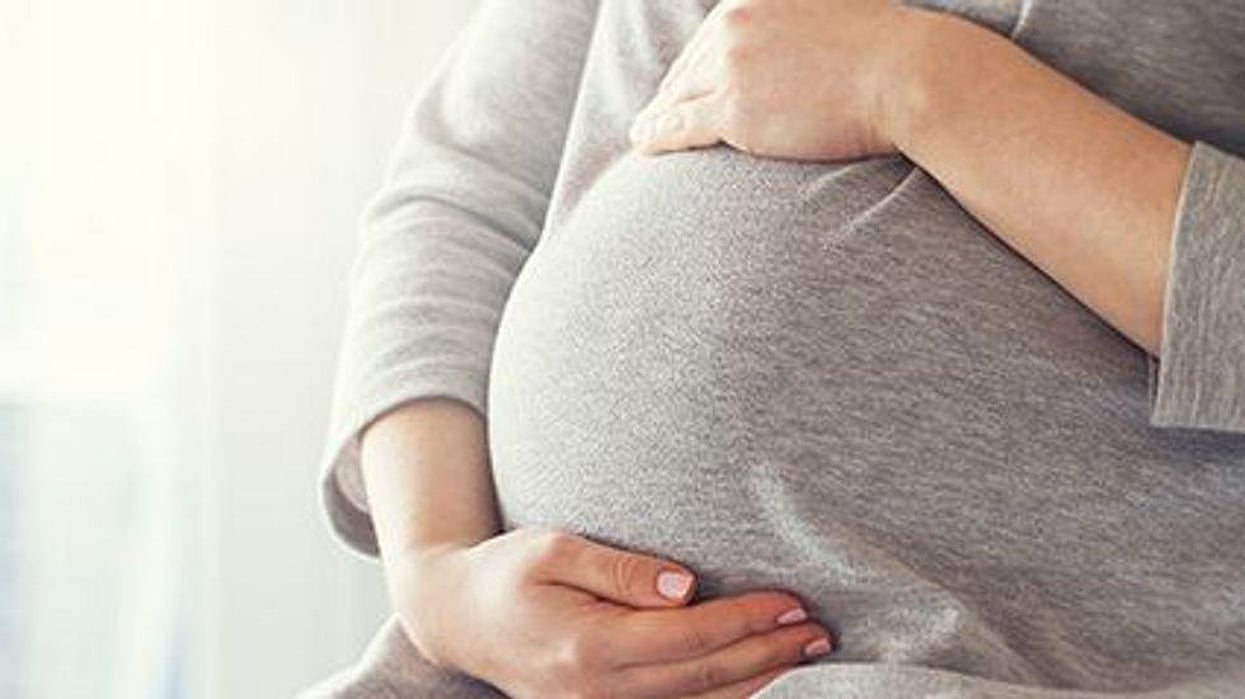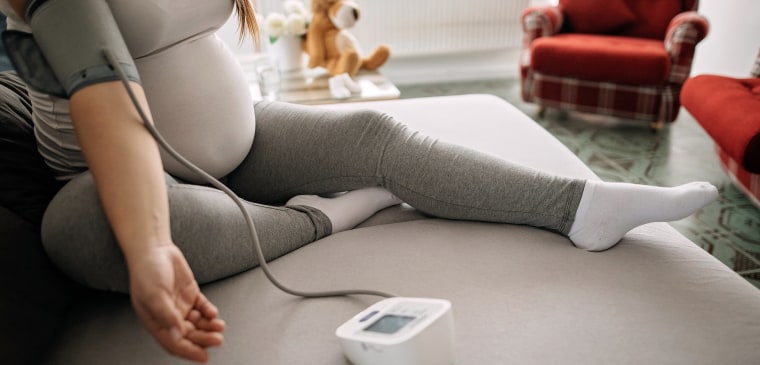Infertility Treatments May Lead to Hypertension, Heart Problems
 |
| Adobe Stock |
"Older women are increasingly turning to assisted reproductive technology. However, advancing maternal age -- specifically being age 35 and older -- raises the risk of having or developing conditions such as chronic high blood pressure that increase the risk of pregnancy complications.""Adverse pregnancy complications such as high blood pressure during pregnancy have now been established as risk factors for future cardiovascular disease. All of this has raised concerns about adverse pregnancy outcomes associated with assisted reproductive technology, yet studies on the topic are few and have inconsistent findings.""We were surprised that assisted reproductive technology was independently associated with these complications, as opposed to being associated with only the existence of of pre-existing health conditions or only among older women undergoing infertility treatment.""It's important for women to know that assisted reproductive technology carries a higher risk of pregnancy complications, which require close monitoring, particularly during delivery."Dr.Pensee Wu, Consultant obstetrician, subspecialist, Keele University School of Medicine, Staffordshire, U.K.
"Primary and specialist health-care professionals should ensure these risks are communicated and strategies to mitigate them are discussed and implemented."Study recommendation
According to a new study published in the Journal of the American Heart Association, infertility treatments that increase the chances of conception may also have the effect of raising risk of women acquiring vascular and pregnancy-related problems. The research findings were that assisted reproductive technology, the use of which has contributed to over five million babies being born worldwide since 1978, has the potential to take a heavy health toll on women.
For the purpose of assessing the possible risk, the research team studied data from the U.S. National Inpatient Sample, representing a database established between January 1, 2008 and December 31, 2016 of all hospital discharges. The focus of the study was on delivery admissions making use of assisted reproductive technology, along with those including cardiovascular and pregnancy-related complications. The result was a pool of over 105,000 deliveries conceived with the use of ART as well as others amounting to 34,157,000 that were naturally conceived.
This enabled the research team to determine that women for whom assisted reproductive technology was used were seven years the senior on average to those who did not use ART (35 vs 28) and who happened to have had more pre-existing health conditions inclusive of chronic hypertension, diabetes and obesity The use of ART meant women were 2.5 times likelier to experience acute kidney damage and a 65 percent higher risk of developing arrhythmia (irregular heartbeat).
Other markers of medical associated problems related to the use of ART included increased odds of experiencing placentral abruption (57 percent), Cesarean delivery (38 percent), and preterm birth (26 percent). Even among women with no pre-existing cardiovascular risk, these were evident. In addition to increased cost related to each type of delivery; where the hospitalization cost averaged $18,705 for those using ART, as opposed to $11,983 for non-ART deliveries.
"Especially patients with existing cardiovascular risk factors should be counselled about the potentially long-term cardiovascular implications and risks associated with ART. Future research should examine how optimizing cardiovascular risk prior to assisted reproductive technology impacts pregnancy complications and long-term cardiovascular health", Dr. Wu concluded.
 |
Labels: Arrhythmia, Assisted Reproduction Technology, Diabetes, Hypertension, Kidney Disease, Maternal Health Repercussions, Research

0 Comments:
Post a Comment
<< Home